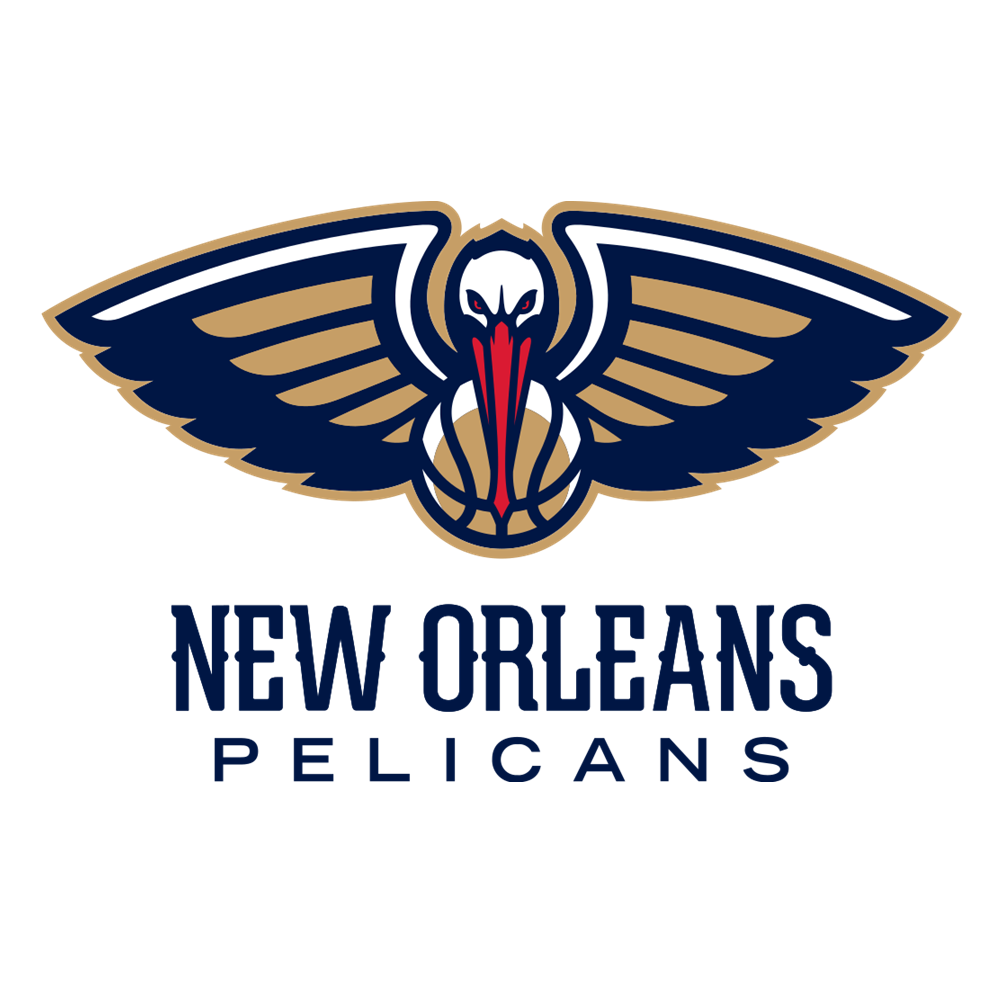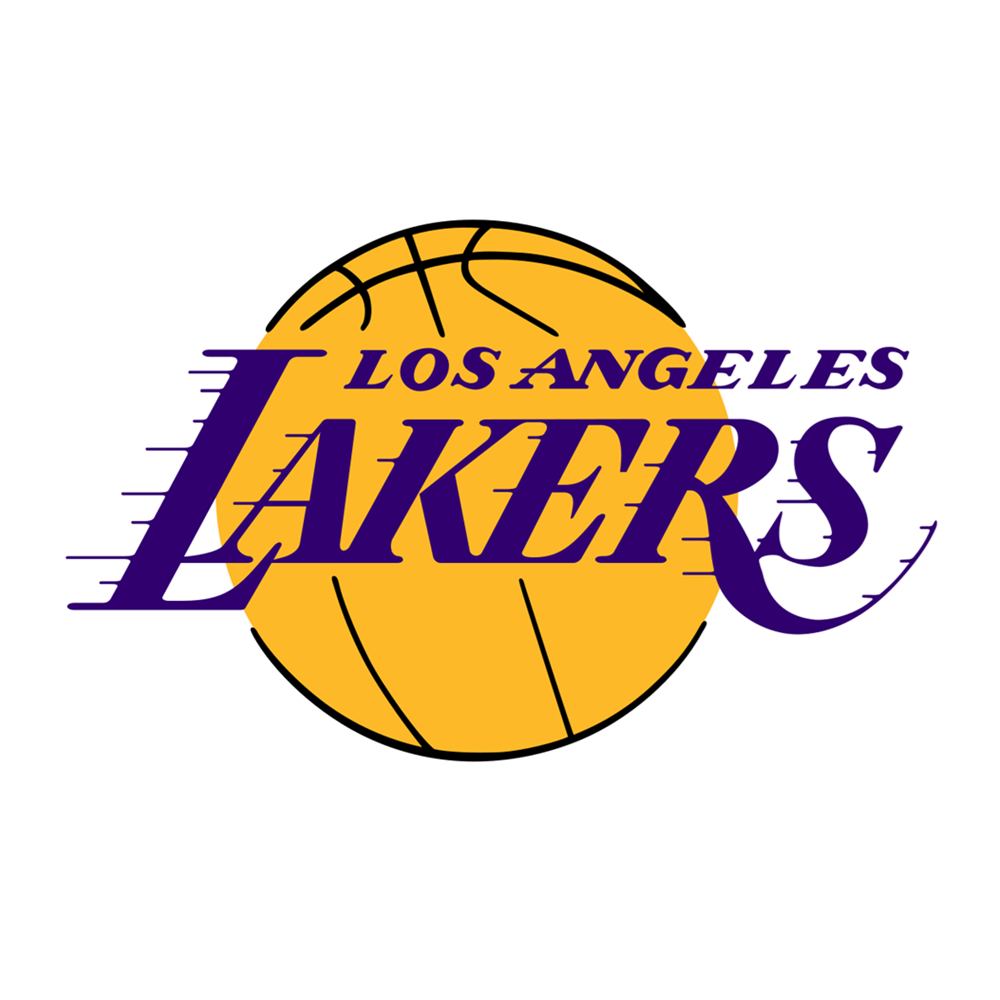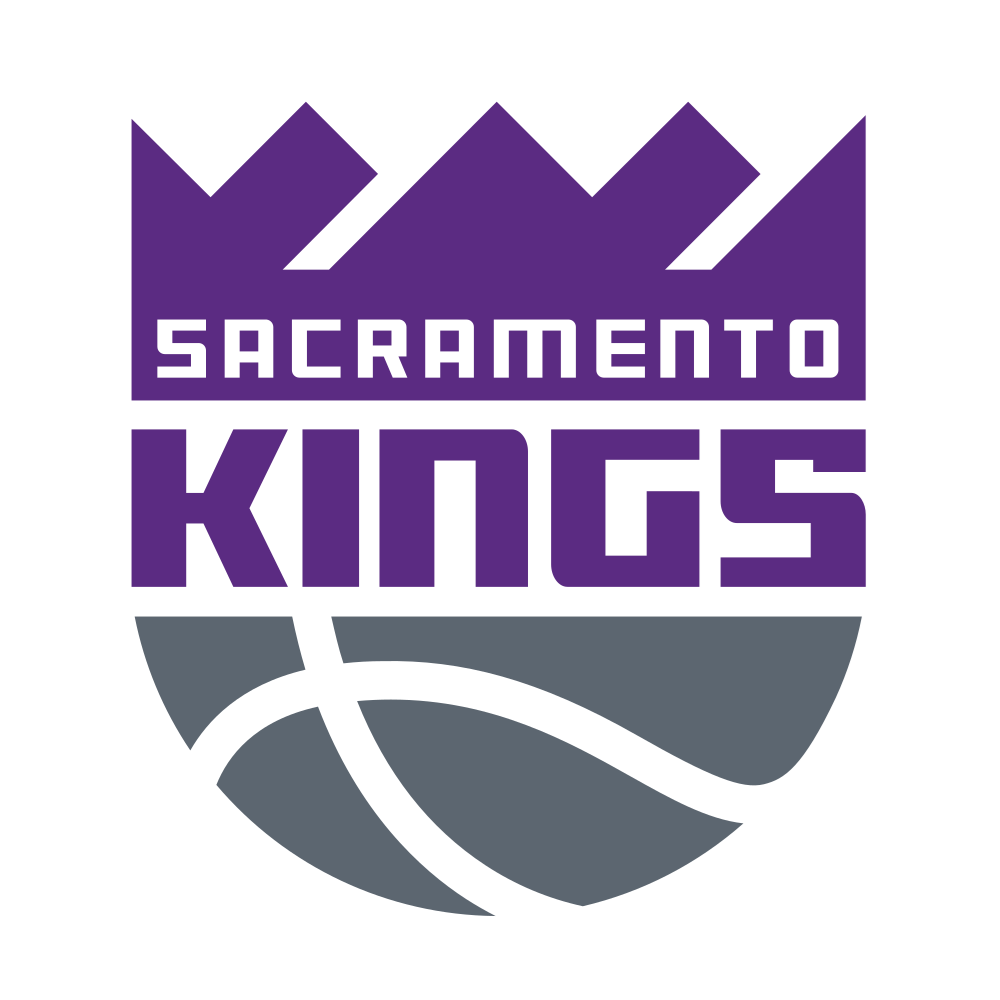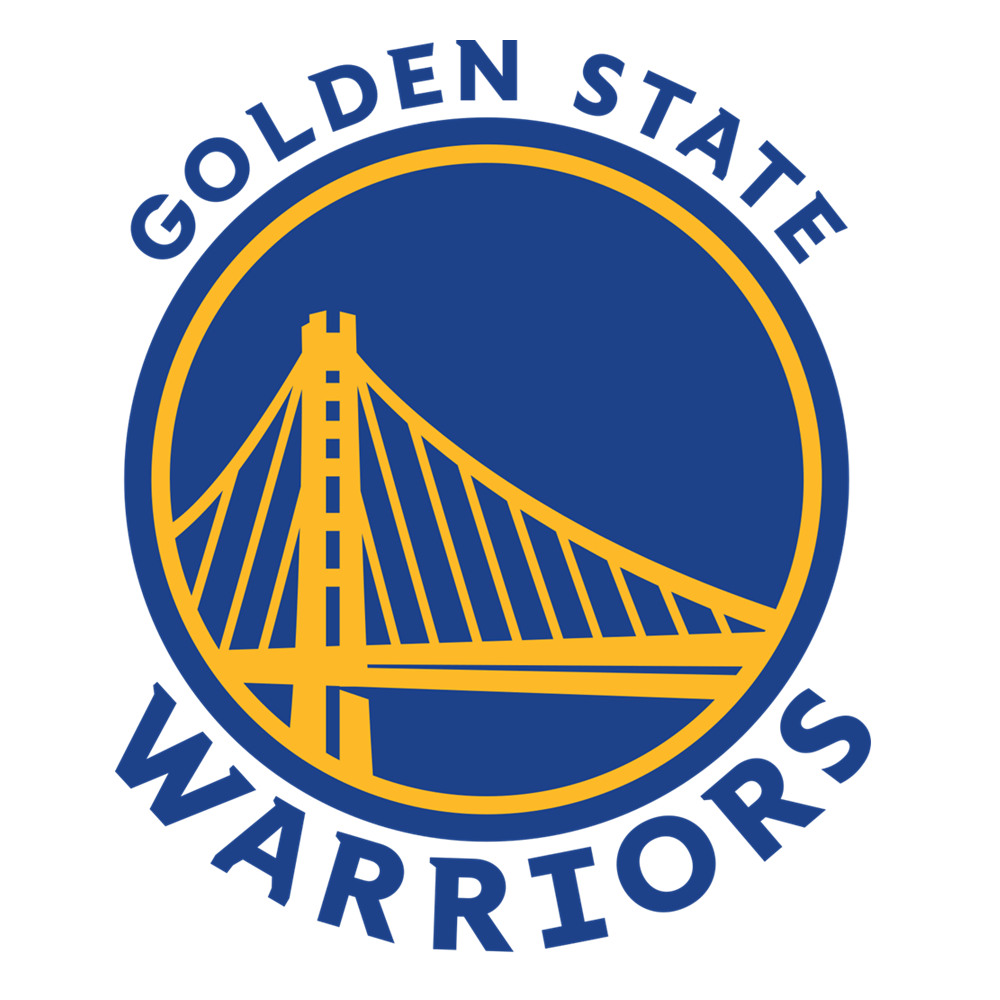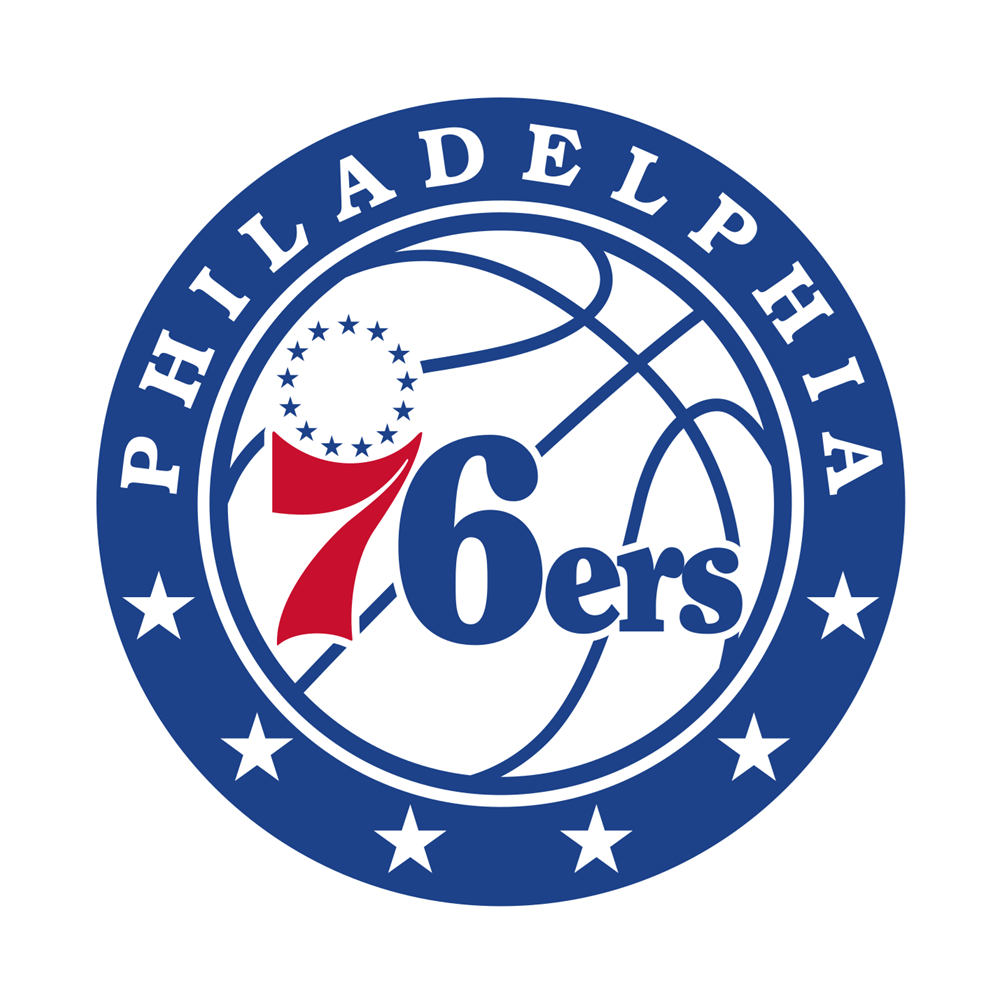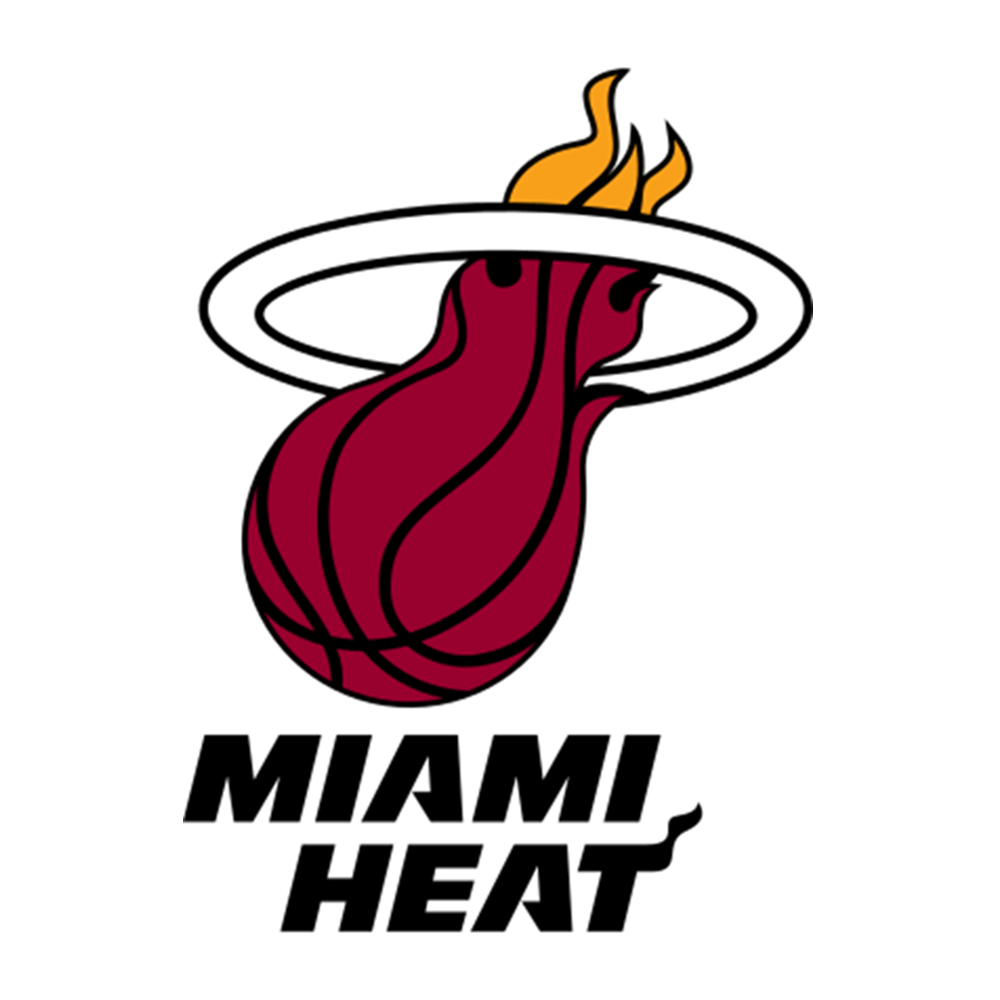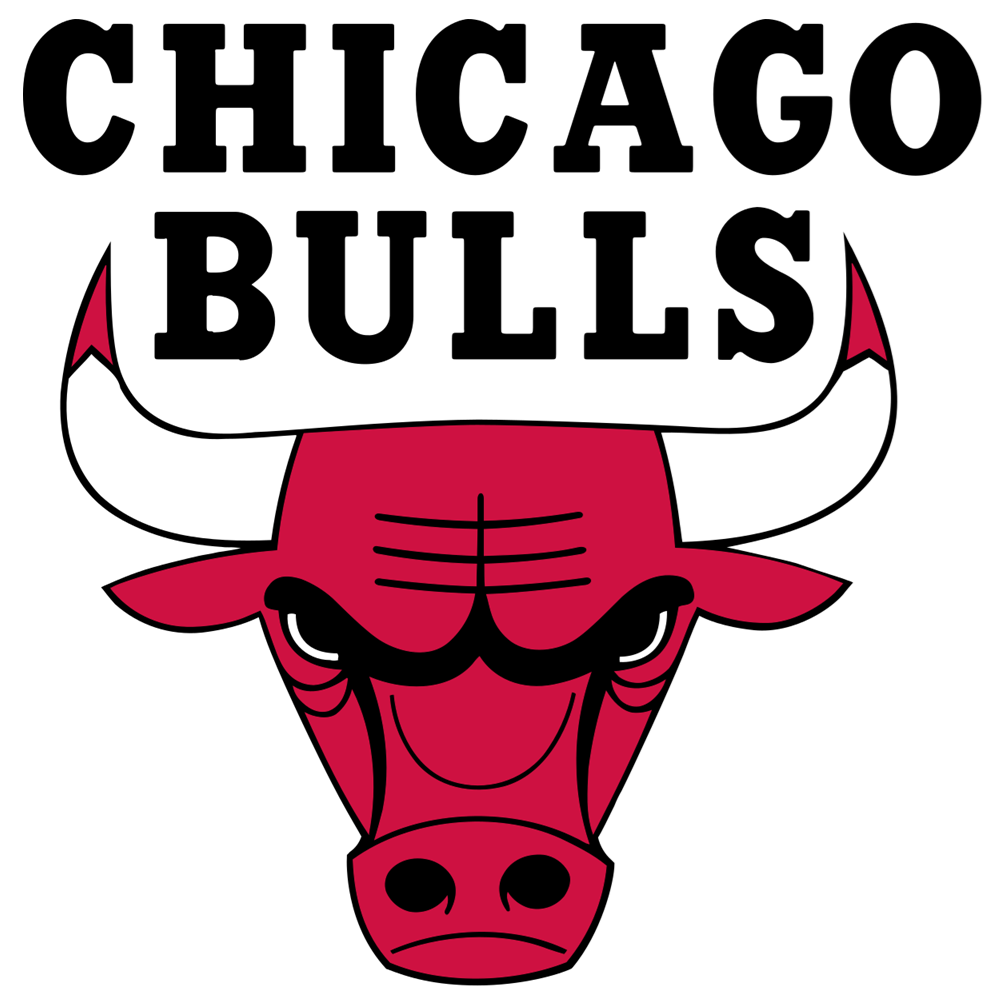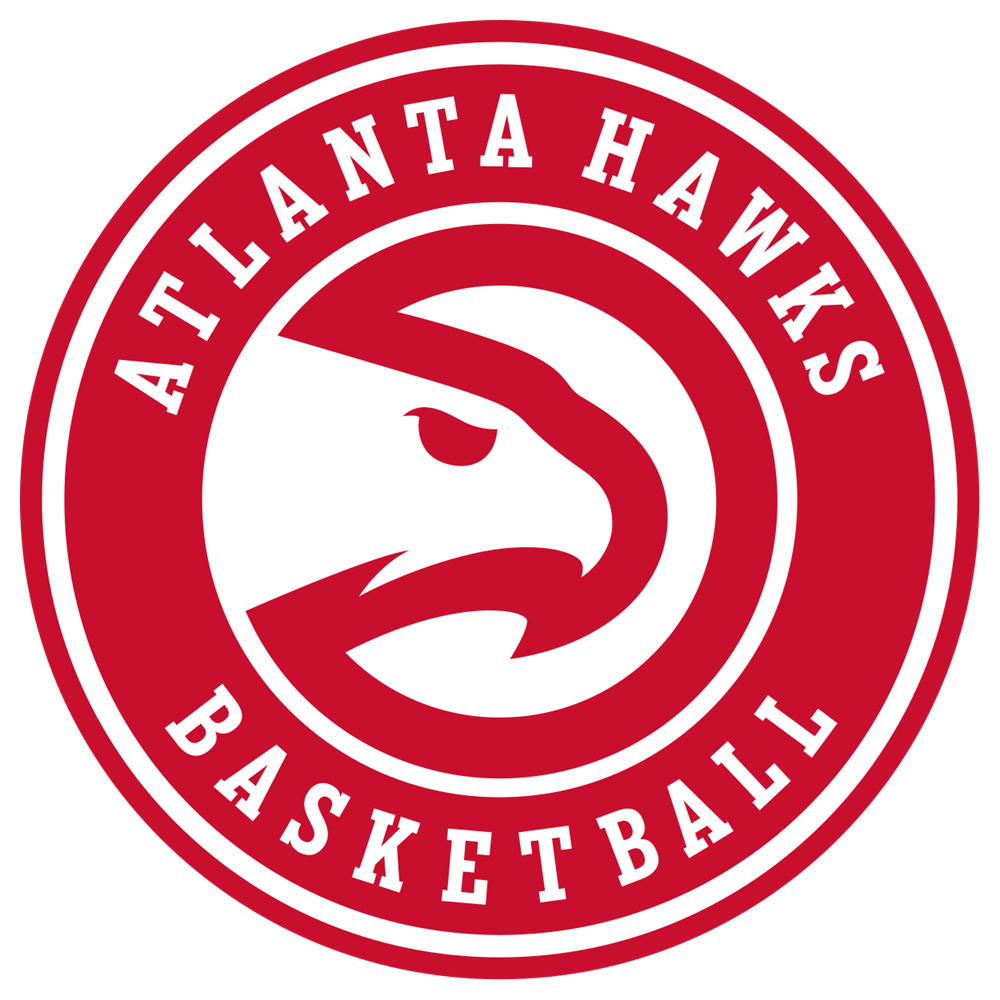Three days after the Detroit Pistons did something extremely unexpected, trading two players and two picks for Blake Griffin and two throw-ins, a more expected part of the trade deadline puzzle has fallen.First reported by Vincent Goodwill of NBCS Chicago, then re-reported by Adrian Wojnarowski of ESPN.com after Woj himself had pumped the brakes on it briefly, the Chicago Bulls have agreed to trade Nikola Mirotic to the New Orleans Pelicans, along with a future second-round pick for some reason and the right to exchange 2021 second-round picks, in exchange for former Bulls centre Omer Asik, Tony Allen (who will be immediately be waived), Jameer Nelson (who might be as well), $2.5 million in cash and the Pelicans' 2018 first-round pick.David Aldridge of NBA.com reports that the first-round pick, which will be a 2018 pick considering Chicago's stated desire to have a quick rebuild, is protected only 1-5 this offseason. With the Pelicans in the playoff picture in the Western Conference still, that pick would rank 17th if the season ended today.For Chicago, that pick is half of what they wanted.We have explored the potential tradability of Mirotic a couple of times recently in this space, one in a wider exploration of the (variable yet rising) value of expiring contracts, and once when lauding his contract as being a good example of how to balance a player's cost versus his years of team control when trying to create trade value. By virtue of the contract he re-signed to, Mirotic was in a slightly unique position. He could theoretically be traded as an expiring contract given that the second and final season of his contract is a team option season that any recipient team could readily decline, or, considering that it represented decent-enough value for a player in his prime seasons playing the best basketball of his career ($12.5 million for a player averaging 16.8 points and 6.4 rebounds in 24.9 minutes), he could have trade value as a player as well.However, that team option has had one drawback. Via a little-used rule, the origins and purpose of which I have never really understood but which exists anyway, players re-signed to one-year contracts who will have either Bird rights or Early Bird rights at the end of their deals have the right to veto any trade they are in. Option years do not count towards this "years" total until they are exercised - therefore, until such time as his team option was exercised, Mirotic had the right to veto the trade, or indeed any one he is in. This reportedly is what happened. A Bird rights free agent by virtue of not having changed teams as a free agent for at least three years, this rule applied to Mirotic, and seemingly he exercised it, or at least threatened to, in the early workings of the deal. Had he been traded without the option being exercised, he would have lost those Bird rights, and thus his best free agency suitor. He thus opted to get his.This style of veto has happened before. Anthony Carter of the Denver Nuggets once famously vetoed the first attempt of the Carmelo Anthony-to-the-New-York-Knicks trade because he did not want to be involved in it, despite being a little-used minimum salary journeyman in the final season of his NBA career at the time. Then-New Jersey Nets swingman Devean George also once did it with his involvement in the initial formulation of the trade that sent Jason Kidd to the Dallas Mavericks. But the fact that we are having to go back that far rather confirms how rare it is.Nevertheless, it was but a small hurdle. It was not, or at least should never have been, a problem for the Hornets to exercise Mirotic's team option and trade for him as a player rather than an expiring contract; they should want Mirotic signed through next season at $12.5 million. If they are prepared to use a first-round pick to salary dump Asik's contract, as reported previously, then they should want to also get a quality contributor with it while doing so.Finally, with the option now exercised, the deal will be completed.It is worth noting that Asik really is in here purely as a part of the salary machinations, and not for any current or projected usefulness as a player. That fact alone makes the trade quite striking from Chicago's perspective.For the versatile trade chip that was Mirotic, Chicago reportedly wanted both a first-round pick and no returning long term salary commitments. This reportedly was their demand in negotiations with the Utah Jazz. The Pelicans' deal, however, has only one of those, as Asik has one of the most worrisome contracts in the NBA.Averaging 1.3 points and 2.5 rebounds per game on the season, Asik's minutes, production and game have declined year on year for four years now. Riddled last year by a mystery illness that left him looking gaunt and thin, Asik's low skill level was always justifiable by virtue of his great size and strength, and his ability to be a wall on the interior and the rebounding glass. But if the strength, mobility, confidence and rhythm is gone, he is a liability.In trading for Asik and the pick, then, Chicago are trading purely for the pick, with Asik being the cost of doing business. The nostalgia factor of Asik returning to the team that started his NBA career is just that, and not meaningful. Barring a rejuvenation of his career that there is no evidence of being forthcoming, Asik is no longer an NBA player, let alone one meriting such an expensive contract, and he is an instant stretch-provision candidate unless Chicago intends to ride out the salary the old fashioned way instead. If the Bulls' front office see any value in Asik as a player, then, sadly, the odds are strong that they soon won't.(Reconciliation between how the same team that sold a #38 pick for $3.5 million then essentially bought a projected #17 for $14.3 million, can be summed up thusly; if the owner says sell it, you sell it and take the L. Why they continue to throw second-round picks into bigger trades, and how that reconciles with doing trades such as the Quincy Pondexter deal in order to take on second rounders in the first place, is the new mystery. Hopefully it too is protected.)In light of the injury to DeMarcus Cousins over the weekend, the Pelicans are trading for Mirotic as a player not a contract. If they are to stay afloat without Cousins and try to get and stay good, then they need immediate help more than anything else. Moving Asik is a bonus.However, it is hereby noted that the Pelicans have cap space considerations that go beyond Asik's contract, both now and in the future.Having used the non-taxpayer mid-level exception on each of Rajon Rondo, Darius Miller and second round rookie guard Frank Jackson, the Pelicans have made themselves subject to the hard cap, the amount equal to $6 million above the luxury tax line that teams cannot exceed under any circumstances if they spend a certain amount of certain exceptions. And even before that is the luxury tax itself, a line which the Pelicans find themselves a mere fraction under even before this deal. Having to finagle around it already with their end-of-the-bench roster shuffling, and having already traded with the self-same Bulls once this year in a bid to dodge it (moving a 2019 second round pick in order to shift the $3,853,931 salary of Quincy Pondexter), the Pelicans also felt the need to stay under it with any deal for Mirotic, too. They are not a high revenue team.Cousins's free agency is coming up this summer, and despite his Achilles tear, the Pelicans intend to re-sign him for the maximum, which will cost approximately $175 million over five years. Having already committed a maximum salary to Anthony Davis (five years, $127,171,313) and a near-maximum salary to Jrue Holiday (five years, $131.1 million), the financially-stretched Pelicans need to be hugely prudent with every other dollar they spend going forward. Which explains their reticence in initially exercising Mirotic's option.
This reportedly is what happened. A Bird rights free agent by virtue of not having changed teams as a free agent for at least three years, this rule applied to Mirotic, and seemingly he exercised it, or at least threatened to, in the early workings of the deal. Had he been traded without the option being exercised, he would have lost those Bird rights, and thus his best free agency suitor. He thus opted to get his.This style of veto has happened before. Anthony Carter of the Denver Nuggets once famously vetoed the first attempt of the Carmelo Anthony-to-the-New-York-Knicks trade because he did not want to be involved in it, despite being a little-used minimum salary journeyman in the final season of his NBA career at the time. Then-New Jersey Nets swingman Devean George also once did it with his involvement in the initial formulation of the trade that sent Jason Kidd to the Dallas Mavericks. But the fact that we are having to go back that far rather confirms how rare it is.Nevertheless, it was but a small hurdle. It was not, or at least should never have been, a problem for the Hornets to exercise Mirotic's team option and trade for him as a player rather than an expiring contract; they should want Mirotic signed through next season at $12.5 million. If they are prepared to use a first-round pick to salary dump Asik's contract, as reported previously, then they should want to also get a quality contributor with it while doing so.Finally, with the option now exercised, the deal will be completed.It is worth noting that Asik really is in here purely as a part of the salary machinations, and not for any current or projected usefulness as a player. That fact alone makes the trade quite striking from Chicago's perspective.For the versatile trade chip that was Mirotic, Chicago reportedly wanted both a first-round pick and no returning long term salary commitments. This reportedly was their demand in negotiations with the Utah Jazz. The Pelicans' deal, however, has only one of those, as Asik has one of the most worrisome contracts in the NBA.Averaging 1.3 points and 2.5 rebounds per game on the season, Asik's minutes, production and game have declined year on year for four years now. Riddled last year by a mystery illness that left him looking gaunt and thin, Asik's low skill level was always justifiable by virtue of his great size and strength, and his ability to be a wall on the interior and the rebounding glass. But if the strength, mobility, confidence and rhythm is gone, he is a liability.In trading for Asik and the pick, then, Chicago are trading purely for the pick, with Asik being the cost of doing business. The nostalgia factor of Asik returning to the team that started his NBA career is just that, and not meaningful. Barring a rejuvenation of his career that there is no evidence of being forthcoming, Asik is no longer an NBA player, let alone one meriting such an expensive contract, and he is an instant stretch-provision candidate unless Chicago intends to ride out the salary the old fashioned way instead. If the Bulls' front office see any value in Asik as a player, then, sadly, the odds are strong that they soon won't.(Reconciliation between how the same team that sold a #38 pick for $3.5 million then essentially bought a projected #17 for $14.3 million, can be summed up thusly; if the owner says sell it, you sell it and take the L. Why they continue to throw second-round picks into bigger trades, and how that reconciles with doing trades such as the Quincy Pondexter deal in order to take on second rounders in the first place, is the new mystery. Hopefully it too is protected.)In light of the injury to DeMarcus Cousins over the weekend, the Pelicans are trading for Mirotic as a player not a contract. If they are to stay afloat without Cousins and try to get and stay good, then they need immediate help more than anything else. Moving Asik is a bonus.However, it is hereby noted that the Pelicans have cap space considerations that go beyond Asik's contract, both now and in the future.Having used the non-taxpayer mid-level exception on each of Rajon Rondo, Darius Miller and second round rookie guard Frank Jackson, the Pelicans have made themselves subject to the hard cap, the amount equal to $6 million above the luxury tax line that teams cannot exceed under any circumstances if they spend a certain amount of certain exceptions. And even before that is the luxury tax itself, a line which the Pelicans find themselves a mere fraction under even before this deal. Having to finagle around it already with their end-of-the-bench roster shuffling, and having already traded with the self-same Bulls once this year in a bid to dodge it (moving a 2019 second round pick in order to shift the $3,853,931 salary of Quincy Pondexter), the Pelicans also felt the need to stay under it with any deal for Mirotic, too. They are not a high revenue team.Cousins's free agency is coming up this summer, and despite his Achilles tear, the Pelicans intend to re-sign him for the maximum, which will cost approximately $175 million over five years. Having already committed a maximum salary to Anthony Davis (five years, $127,171,313) and a near-maximum salary to Jrue Holiday (five years, $131.1 million), the financially-stretched Pelicans need to be hugely prudent with every other dollar they spend going forward. Which explains their reticence in initially exercising Mirotic's option.
Mirotic, however, is worth his $12.5 million, and especially to a team that is so short of NBA quality. Aside from the obvious loss of a superstar talent, one thing Cousins's injury threatened to do was expose a chronic lack of depth on the part of the Pelicans.
This is particularly true in the frontcourt. Behind Cousins and Davis lay only Asik, Alexis Ajinca and sophomore Cheick Diallo, along with small-ball options in Dante Cunningham and Darius Miller. The problem continues on the wing, where Cunningham and Miller again try to paper over the cracks, as would Solomon Hill were he not out injured for the whole season thus far. That really is it - depending on your interpretation of whatever the largely irrelevant DeAndre Liggins is doing on any given night, everyone else is a guard.
So short of front court depth are the Pelicans that they have played much of the season with a three-guard starting line-up in which the 6'4 Jrue Holiday plays as a de facto small forward, alongside both E'Twaun Moore and Rajon Rondo. The Pelicans have found some relative success with this line-up, but only because it gets their five best players on the floor as much as possible. If they had more than five good players available on any given night, this need would not be so pressing.
This move does currently mean that, unless another centre is brought in, Anthony Davis would have to play exclusively at the centre spot until Cousins's return, and that is not nothing. For all of Davis's greatness, there is no reason why he should have to bang in the post with the few remaining post-based fives in the league. That takes him away from his strengths on both ends of the court. Cousins can and will do this, and Asik was theoretically meant do, but Mirotic cannot.
There is a good chance that Greg Monroe, just bought out from the Phoenix Suns, could yet be that player. It is not for nothing that the inclusions of Allen and Nelson in this deal open up both a roster spot and financial wiggle room under the aforementioned luxury tax threshold for Monroe's addition. Until such time as it happens, though, the problem remains. The Pelicans really do have no centres.
However, while there are some available excess centres out there (Tyson Chandler, Robin Lopez, etc) who could have better addressed this area than Mirotic, they are either not the same calibre of player, not at the same competitive price point, or both. Facing all three of the the hard cap, the luxury tax and Cousins's free agency, while still having an entire reserve frontcourt to build, New Orleans's options were limited.
It is therefore a surprise that they were able to get Mirotic for what, really, is such a solid price.
From the Bulls' point of view, their aims to get both a first round pick and no salary commitments back for Mirotic seem to have been overly ambitious. In the end, they had to pick their favourite. And the pick won out. Chicago could have traded Mirotic 'cleanly' without the future first-round pick, getting back at best a second but taking on much less dead salary in doing so. But they did not. They chose the first, despite the cost of doing so.
This is somewhat noble, and speaks to the fact that they really are looking forward and valuing future assets more than in the recent past. The Bulls have never been as bad for paying off redundant salaries as the 'cheapness' stigma normally assumed, yet this is a particularly strong example of doing so. It is, however, a strikingly high price to pay for one draft pick.
The facts of the trade as reported are that the Bulls will essentially spending $14.3 million (with cash to offset the inclusions of Allen and Nelson) on a first-round pick that, by the looks of things, will be pretty much right in the middle of the pack. This is a steep price to pay, and one that is reflective of the increasingly coveted value of first round picks in general that began about ten years ago.
If they had to take bad some salary in order to get that first-round pick, then so be it. However, with Asik, that really is rather a lot. Mirotic's diplomatic and understandable insistence on exercising his option very much limited the field of suitors with which Chicago could deal, and it is somewhat to their credit that they stuck to what they planned to do even as the price got higher. But is $14.3 million for a mid-range first-round pick really worth it?
Notwithstanding the price paid, the Mirotic trade is the kind of move that a reloading team should at least try and pay in order to accummulate the assets needed to actually reload, as was the move to re-signing him in the first place. Chicago has a long recent history of once-key players walking away for no returning assets, but with this deal, they have done the complete opposite.
Bringing back Mirotic on a team-friendly deal is exactly what the Bulls should have done. Mirotic had three years to win the power forward spot long term, and could not do it, thus the gig goes to Lauri Markkanen with the hope that Bobby Portis can also be a part of the plans. Yet this did not need to automatically prevent Mirotic from being brought back as a trade asset. It was good foresight for the Bulls to re-sign Mirotic as an asset even after replacing him, specifically with a view to moving him. Riding out The Punch was worth it.
That said, if the Bulls were prepared to use Mirotic to take on bad salary, perhaps they could have leveraged that further. There are a lot of big and bad contracts in the NBA today, many borne out of the insanely ambitious league-wide 2016 free agency overspend. If $14.3 million in the form of a dead salary of a former player of theirs is the price of one first-round pick to the Bulls, what might they have been able to get for Luol Deng and Joakim Noah?
Nevertheless, that is purely speculation on the part of this author. The deal is now done, and can be evaluated on its own merits. Both teams had aims here - New Orleans to improve the current product, potentially next year's product as well, avoid the luxury tax both times and still be able to keep DeMarcus Cousins; Chicago wanted a first for a rental and nothing too unpleasant in return - and both have achieved them.
Trades are supposed to be win-win. That is the point of them, even if the two desired outcomes are so strikingly different. It should be news when they aren't. And normally, to some degree, they aren't. In achieving their aims, both teams should win this deal; New Orleans particularly so if they now also get Greg Monroe, and Chicago particularly so if Asik has anything left in the tank still.
It is nonetheless yet another piece of ever-confusing evidence when it comes to determining the value of draft picks around the league. And in their two trades with the Pelicans this year, the Bulls have not made their own evaluation much clearer.
